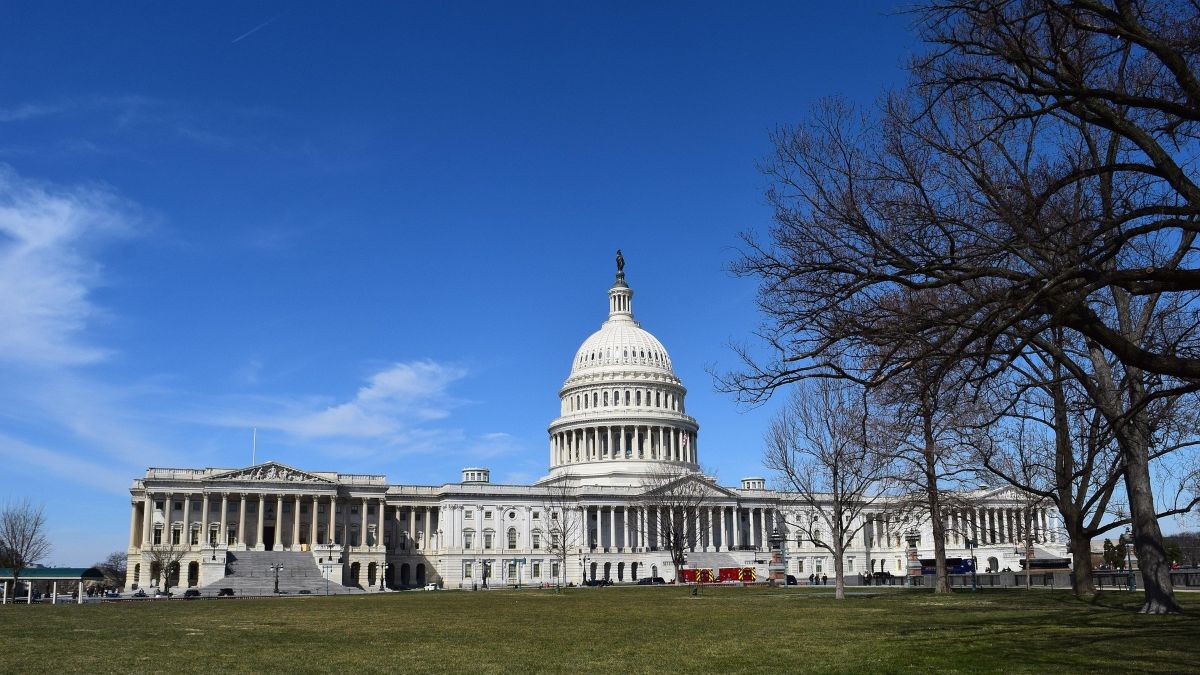Early Disclosures Point to Massive Corporate Tax Savings from “Big Beautiful Bill”

The House of Representatives traditionally reserves the bill number H.R. 1 in each new session of Congress for a piece of legislation that reflects what the Speaker of the House deems to be the controlling party’s top priority. This year, that designation was given to the wide-ranging tax bill dubbed the One Big Beautiful Bill Act (OBBA). The distinction was far from symbolic in this case – the legislative package was on President Donald Trump’s desk to sign into law within six months of his January inauguration.
The OBBBA includes several provisions favored by big business. Among them, the bill permanently extended a 20% deduction for “qualified business income” from flow-through businesses. The legislation provides more flexibility for domestic research and development costs, allowing immediate deductions for companies. Additionally, it contains a variety of incentives targeted towards specific industries, such as credits for low-income housing and benefits for rural and agricultural investments.
Trump signed the bill into law last month, which has given some corporations time to weigh in on how the changes will impact their tax liabilities. We used the Intelligize platform to highlight some of the more notable public comments from companies and their executives. Initial corporate responses suggest broad support for the changes.
As expected, companies in the energy sector are expecting a windfall from the OBBBA’s changes to the tax code. Houston-based energy company EOG Resources estimates it will shave roughly $200 million off its tax bill for 2025 and in the coming years thanks largely to the permanent restoration of 100% bonus depreciation and R&D expensing, according to chief financial officer Ann Janssen. However, that figure is tiny compared to Occidental Petroleum’s projected savings. During a quarterly earnings call on August 7, Occidental indicated it will save upwards of $800 million in corporate tax payments between 2025 and 2026 because of the OBBBA.
Software company Dayforce apparently believes it too will benefit from the OBBBA’s revisions to the rules for R&D deductions. Dayforce projects tax savings as high as $50 million this year and $20 million annually in the years to come; consequently, the Minneapolis-based company boosted its guidance for free cash flow in 2025.
But those companies’ figures all pale in comparison to what AT&T says it will generate in tax savings from the OBBBA. In a public filing from July 23, the telecommunications giant disclosed the changes will cut its tax liability by as much as $8 billion during the three-year period from 2025 through 2027.
Keep in mind that the OBBBA became law less than two months ago. It already appears to be reshaping how corporations evaluate their tax strategies, prompting changes in forecasting and investor communications. And as more companies close their books on the third quarter, expect to see many more CFOs putting their own numbers on the table.



